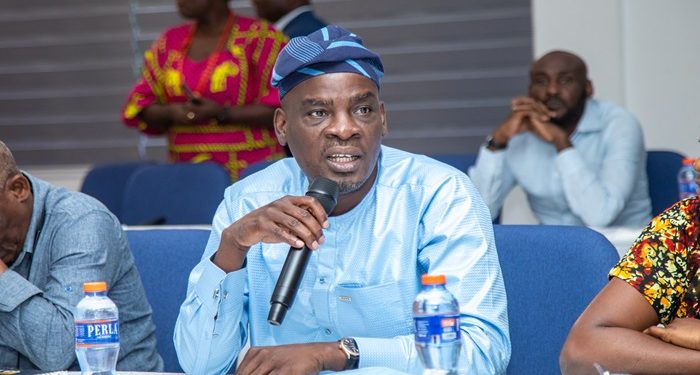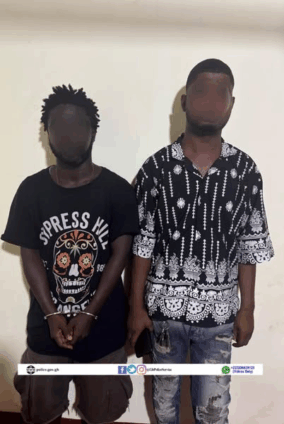Tamale The Ministry of Health is working out modalities to integrate the onchocerciasis control programme into the mainstream of the health system under the District Health Management Teams (DHMT’s). This is to ensure its sustainability when the programme winds up by the year 2002. As part of the integration, the DHMT’S, in collaboration with the district assemblies, will undertake disease surveillance and implement other local plans of action to combat the disease. A two-day seminar has been organised in Tamale for 60 health personnel from the Northern, Upper East and Upper West regions to discuss the new approach to the control of the disease. Mr James Fosu, executive director of the National Onchocerciasis Secretariat, said the seminar is part of efforts to ensure the socio-economic development of oncho-free areas in the eleven West African countries where the control programme was undertaken.
He said the control programme sponsored by the World Bank, in collaboration with the World Health Organisation (WHO), the United Nations Development Programme and the Food and Agriculture Organisation, has freed about 30 million people from the disease and more than ten million children born at the beginning of the programme, have been saved from blindness. About 25 million hectares of land have been reclaimed for farming and other development activities.
Mr Fosu said each of the countries is expected to evolve its own development plans in the free zones. In Ghana, the oncho secretariat has carried out feasibility studies in the East Mamprusi, East Bawku, West Bawku, Bongo, Builsa and Sisala districts on how to promote socio-economic activities. The Oncho-Control Programme is emphasising community distribution of ivermectin – the main drug used in controlling the black fly – and improved surveillance to determine the transmission potential of the vector. Dr Kofi Ahmed, the director, said the programme is also particular about the nuisance the fly causes to affected communities especially through biting. Dr Sylvester Anemana, the Northern regional director of health services, expressed the hope that the establishment of a health resource centre in Tamale would promote the organisation of such training programmes to improve health delivery especially in the Northern sector.
In Ghana, the oncho-control programme is mainly concentrated in northern savannah areas in the Volta basin, covering the Northern, Upper East and Upper West regions and parts of Brong Ahafo and Volta regions. Gri










